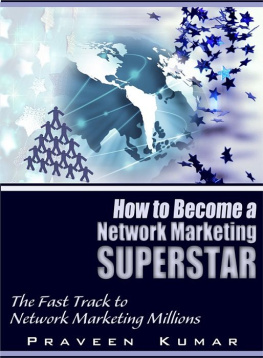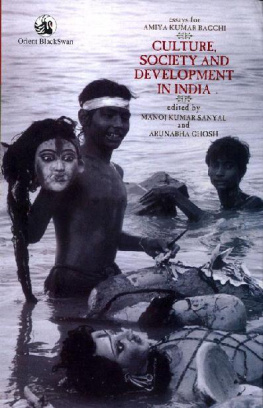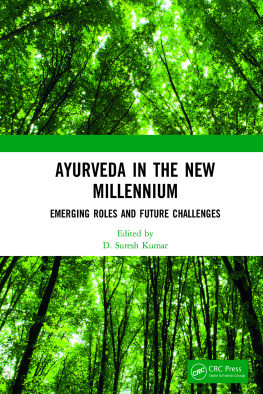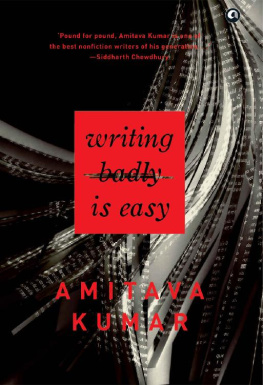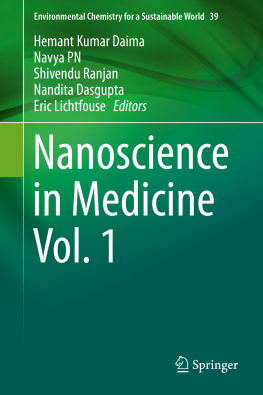The
Lovers
Also by Amitava Kumar
FICTION
Home Products (2010)
NON-FICTION
Lunch with a Bigot (2015)
A Matter of Rats: A Short Biography of Patna (2013)
A Foreigner Carrying in the Crook of His Arm a Tiny Bomb (2010)
Husband of a Fanatic (2004)
Bombay-London-New York (2002)
Passport Photos (2000)
POETRY
No Tears for the NRI (1996)
The
Lovers
a novel
AMITAVA KUMAR
ALEPH BOOK COMPANY
An independent publishing firm
promoted by Rupa Publications India
First published in India in 2017
by Aleph Book Company
7/16 Ansari Road, Daryaganj
New Delhi 110 002
Copyright Amitava Kumar 2017
All rights reserved.
The author has asserted his moral rights.
This is a work of fiction. Names, characters, places and incidents are either the product of the authors imagination or are used fictitiously.
No part of this publication may be reproduced, transmitted, or stored in a retrieval system, in any form or by any means, without permission in writing from Aleph Book Company.
ISBN: 978-93-86021-00-7
1 3 5 7 9 10 8 6 4 2
For sale in the Indian subcontinent only.
This book is sold subject to the condition that it shall not, by way of trade or otherwise, be lent, resold, hired out, or otherwise circulated without the publishers prior consent in any form of binding or cover other than that in which it is published.
For Teju
The Revolution smells of sexual organs.
Boris Pilnyak, Ivan and Maria
Oh, he loves her: just as the English loved India and Africa and Ireland; it is the love that is the problem, people treat their lovers badly.
Zadie Smith, White Teeth
CONTENTS
Part I
Jennifer
Researchers found that people are attracted to people who are attracted to them. This from a clipping pasted in a notebook kept while writing this book.
I was a new immigrant, eager to shine, and, if self-abuse were to be omitted from the reckoning, pure of body and heart. The letters I sent my parents in India were full of enthusiasm for the marvels of my new life. To those who welcomed me to Reagans America, I wanted to say, without even being asked, that E.T. ought to have won the Oscar over Gandhi . I had found the latter insufficiently authentic but more crucially I felt insufficiently authentic myself. Not so much fake as insubstantial. I understood that I needed a suitable narrative to present to the people I was meeting. There was only contempt in my heart for my fellow Indian students who repeated stories about telling off ignorant Americans in barbershops who had asked how come they spoke such good English or if they belonged to tribes or grew up among tigers. The nostalgia I had come to treasure was a hypertrophied sense of the past as a place, a place with street signs and a figure atop a staircase that I recognized. This desire had nothing to do with the kinds of claims to civilizational superiority that make men demolish places of worship or want to bomb cities into oblivion. I knew this and yet I was uncertain about my story. I lacked calm self-knowledge. If a woman spoke to me, particularly if she was attractive, I grew excited and talked too much.
Im talking of what happened more than two decades ago; this is the story of my first years here and my first loves. But the reality of my becoming who I am now, this evolution , as it were, goes back in time to the monkeys that surrounded me as an infant. This is my own, personal Origin of Species . In such a forensic way did I begin this investigation into my past before recent events cast a shadow over my workbut more of that later.
I first told a woman seated next to me on a Greyhound bus the story about the red-bottomed monkeys of my childhood. The monkeys would leave the branches of the big tamarind tree and peel the oranges left unattended on the balcony of Lotan Mamajis house. This was in Ara in the late sixties. A war with Pakistan was over and another loomed in the distance. Nehru had been dead only a few years. In the language of the history books, the nation was in turmoil .
Lotan Mamaji was my mothers younger brother. A giant of a man, immense and bearded, paan tucked under one dark cheek like a secret he didnt want to share. One winter morning, while everyone on the balcony sat listening to the radio, following the cricket commentary from Eden Gardens, Bedi in a pink patka about to claim his seventh Australian wicket in a match that India would go on to lose heavily, a monkey stole into Mamajis room. He climbed on the huge white bed and finding Mamajis pistol, brandished it, they say, at my cousin, born two months after me and still in her crib. No one moved. Then, turning the pistol around, the primate brain prompting the opposable thumb to grasp the trigger, the monkey blew his brains out. He was a medium-sized young male. Bits of flesh, bone, and hair had to be cleaned from the pictures of long-dead family patriarchs hanging on the wall.
There were so many lies repeated in the family, so many half-secrets, I dont know why I never asked anyone if the monkey story was true. For a long time, it had been lodged in my mind as a baptismal tale that taught me the nature of fear, or maybe provided a lesson about fate. But then the past lost its authority and the meaning of the story changed. I had by then come out of my teen years. The main questions now were about the fiction of the past, the idea I had of myself as a person, and what it meant for me to become a writer.
For so many years, the idea of writing has meant for me recognizing and even addressing a division in my life: the gap between India, the land of my birth, and the US, where I came as a young adult. If and when I imagine an audience for my writing, it is also a divided one. But the two places are connected in reality, not only by those histories that cultural organizations celebrate through endlessly dull annual gatherings but by millions of individual yearnings, all those stories of consummated or thwarted desire. There are many of my populous tribe who have examined the wonder and the mystery of this condition.
Consider the monkeys in Ara rhesus macaques . They were not just visitors to my maternal uncles home. They have a place in my imagination because they, too, were unheralded immigrants in America. A few years ago, I read in a newspaper report that the problem Delhi residents were having with monkeys went back to the early years of Indian independence when thousands from that region started being sent to America to be used for science. As many as twenty thousand to fifty thousand monkeys were exported each year. A newly independent India was in need of foreign exchange. The Americans needed middle-aged male monkeys for their experiments. The result of the selective trapping, according to a primatologist interviewed for the report, was the disruption of the ecological balance. The disruption took place because the family unit was broken and the monkey groups entered a process of division that the primatologist termed chaotic fission.
But lets take a step back from the political and enter the riskier domain of the personal. I want to focus on why monkeys came to mind when I started work on this book. I claim kinship with the monkeys of my childhood because of what I read in a magazine in 2010: Rhesus macaques, who normally are not self-aware, will, following brain surgery, examine their genitals in a mirror. Similar evidence of self-awareness was previously limited to higher primates, dolphins, magpies, and an elephant named Happy . (Findings, Harpers magazine, December 2010, p. 84.)




